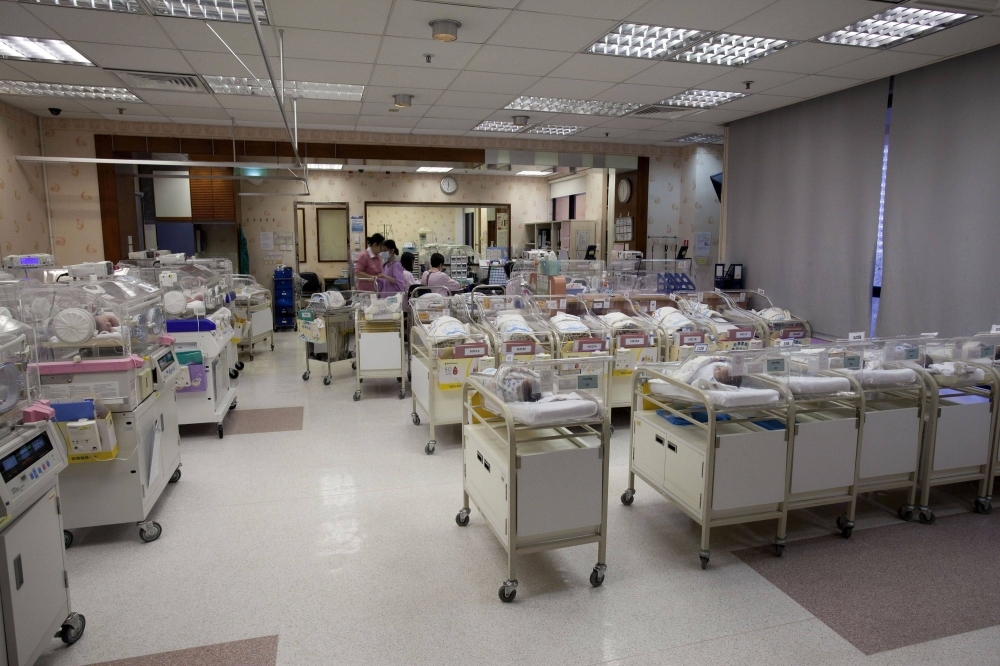For most of human history (and probably prehistory), higher male status was linked to having more children.
This relationship between positive status and offspring seems to have reached its peak with despotic rulers such as reputed father-of-thousands Genghis Khan — a 2003 genetic study found that one out of every 200 men worldwide may carry his Y chromosome. For women, that level of fecundity was of course impossible, and overall their status-offspring link was weaker, but in general people with more resources had more children.
Then, in the 18th century, the situation began to change. In countries at the forefront of the Industrial Revolution, and the revolutions in living standards and life expectancy that followed, birth rates fell. Within these increasingly wealthy countries, it was the affluent and educated — with education becoming a key marker of status — who led the way in reducing family size.



